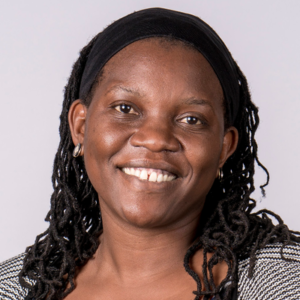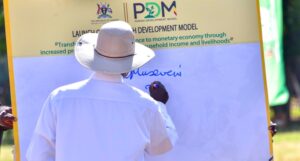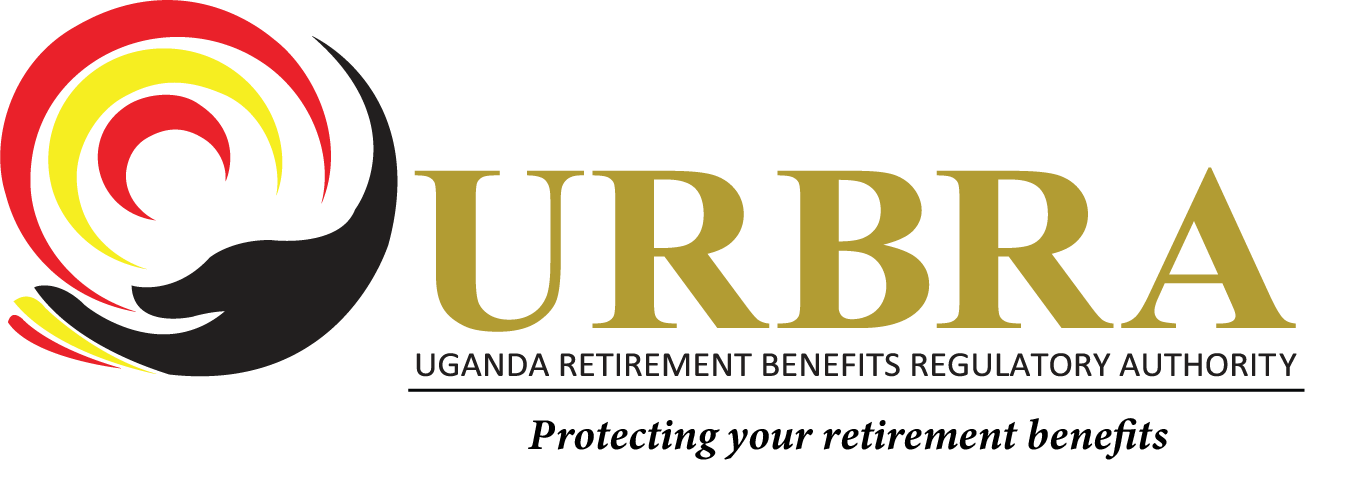THE PARISH DEVELOPMENT MODEL IS AN OPPORTUNITY TO PLAN AND SAVE FOR RETIREMENT

Lydia Mirembe
Manager Corporate & Public Affairs
 Take care of the pennies and the pounds will take care of themselves, says the old adage. This saying came to mind recently when H.E President Museveni stated that four in ten Ugandans live hand to mouth.
Take care of the pennies and the pounds will take care of themselves, says the old adage. This saying came to mind recently when H.E President Museveni stated that four in ten Ugandans live hand to mouth.
At the same time, President Museveni noted that the proportion of Ugandans outside the money economy had dropped from 68% to 61%. This means that much as the number of Ugandans participating in the money economy is growing, fewer Ugandans are saving. Household poverty continues to afflict citizens, as 28% of the population lives below the poverty line.
While launching the Parish Development Model (PDM) in February, the President promised that the approach would raise household incomes and emancipate Ugandans from poverty. According to the Ministry of Local Government, the PDM focuses on the total transformation of the subsistence households into the money economy, eradication of poverty and vulnerability in Uganda. The government has committed UGX42 trillion to this cause, of which UGX100 million will be given to each parish every year across the country.

One of the pillars of the PDM is mindset change, which has been identified as a prerequisite for stakeholders to take practical steps that transform their way of working. Saving is a key area that urgently needs mindset change. Whereas the PDM has the potential to emancipate Ugandans from poverty, true change will require adoption of a saving culture. If the farmers, women and youth hope to benefit from the parish development model, they must learn to save, invest, reinvest… and have the patience to let their money grow. If people continue to live hand to mouth as the President observed, they can kiss emancipation goodbye.
Some may argue that 100 million shillings per parish per year is quite measly, but that is where the saying comes in aptly: take care of the pennies and the pounds will take care of themselves; take care of the cents and the shillings will take care of themselves. However little the earnings, one must learn to save. As long as they save consistently and invest wisely, they will get good returns.
If they adopt a saving culture, the target beneficiaries of the PDM will, by extension, also start preparing for retirement. The Retirement Benefits Sector has long grappled with low coverage, with only 2.8 million savers, out of Uganda’s estimated workforce of 15 million. One of the benefits of the PDM will be an increase in the number of people earning a living – albeit in the informal sector. Farmers, small and medium entrepreneurs, youth and women will start getting a reasonable income. All those should be commensurate with the number of people saving for retirement.
Given the monitoring and data collection mechanisms built into the PDM, implementers should lay emphasis on retirement saving as one of the key indicators of success. This will also ease government’s burden of fending for these beneficiaries when they transition into retirement.
People always give the excuse of meagre earnings, as they sacrifice retirement saving at the altar of “pressing needs”. Now, with the earning opportunities created by the PDM, citizens should endeavor to put aside some savings for their retirement, bearing in mind that old-age comes to all – women and men; employed or unemployed; formal or informal workers.
The current investment environment is conducive, as indicated by the meteoric rise in the worth of Retirement Benefits Sector to UGX18.9 trillion. Opportunities for voluntary saving are growing with the amended NSSF Act, availability of voluntary saving schemes licenced by the Uganda Retirement Benefits Regulatory Authority (URBRA), and the latitude to establish occupational retirement benefits schemes. URBRA is also in the process of developing a national micro-pension scheme to provide a saving option for the ever-growing informal sector.
PDM beneficiaries should therefore capitalize on this opportunity to save for retirement. This will benefit them as individuals, while also contributing to national economic growth. Through its robust supervisory and regulatory role, Uganda Retirement Benefits Regulatory Authority (URBRA) will ensure that their savings are safe and they all get the best possible outcome upon retire



